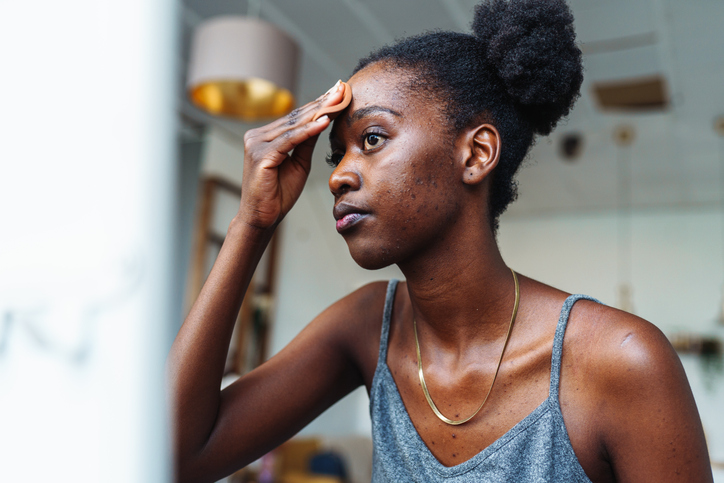A PROJECT will be launched to tackle misdiagnoses in Black people by showing conditions on darker skin tones.
The REFRAME initiative, which is led by UWE Bristol, will capture digital images of conditions on people with a wide range of skin tones to create a diverse photo library.
The images will then be made available for free to clinicians, educators and the general public.
Members of the public are being invited to attend one of 30 photography sessions being held at venues across Bristol this year to capture close up images of a range of health conditions, including rashes and scars to amputations and jaundice.
The groundbreaking project, funded by the NHS, aims to reduce health inequalities faced by Black and ethnic minority people lowering the possibility of misdiagnosis that can occur in cases where conditions present differently on darker skin compared with lighter skin.
Project lead Debbie Hubbard, a senior lecturer in physiotherapy at UWE Bristol, began investigating the lack of diversity in healthcare imagery after she and colleagues noticed an underrepresentation of darker skin tones in academic medical textbooks and online.
She said: “When I look for pictures of different medical conditions on different skin tones, they are biased towards people with white skin. One example is jaundice – there’s not many, if any, pictures of that condition on darker skin tones. Generally on Google Images, you may see one or two people with darker skin tones on the medical photos, but they’re mostly white. We thought this could be a project that could help reduce that gap and create a library of more inclusive healthcare images.
Problem
“It’s a huge problem – if we don’t have those images it means healthcare professionals may not be able to recognise the signs of disease and illness. Some conditions do present quite differently in different skin tones, for example chickenpox. This causes people to have delayed diagnosis, misdiagnosis and potentially receive incorrect treatment or no treatment. This ultimately contributes to people having a poor experience of healthcare.”
Hubbard added that the REFRAME initiative has been well received by the diverse communities of Bristol, adding the response has been “really positive”.
All images taken of participants’ medical conditions (photographed on an anonymous basis) will be independently verified by medical professionals before being added to the catalogue of photographs and published online.
The project team is hoping to capture images of 70 different medical conditions.
Sarah Todd, Senior Specialist in Education for Urgent and Emergency Care at NHS England in the South West, said: “This is a landmark project to improve care for patients, by supporting healthcare professionals in clinical situations and allowing educators to broaden their teaching for healthcare students. And more directly, anyone will be able to use the images as a source of reference if they’re concerned about their own health.”


Comments Form